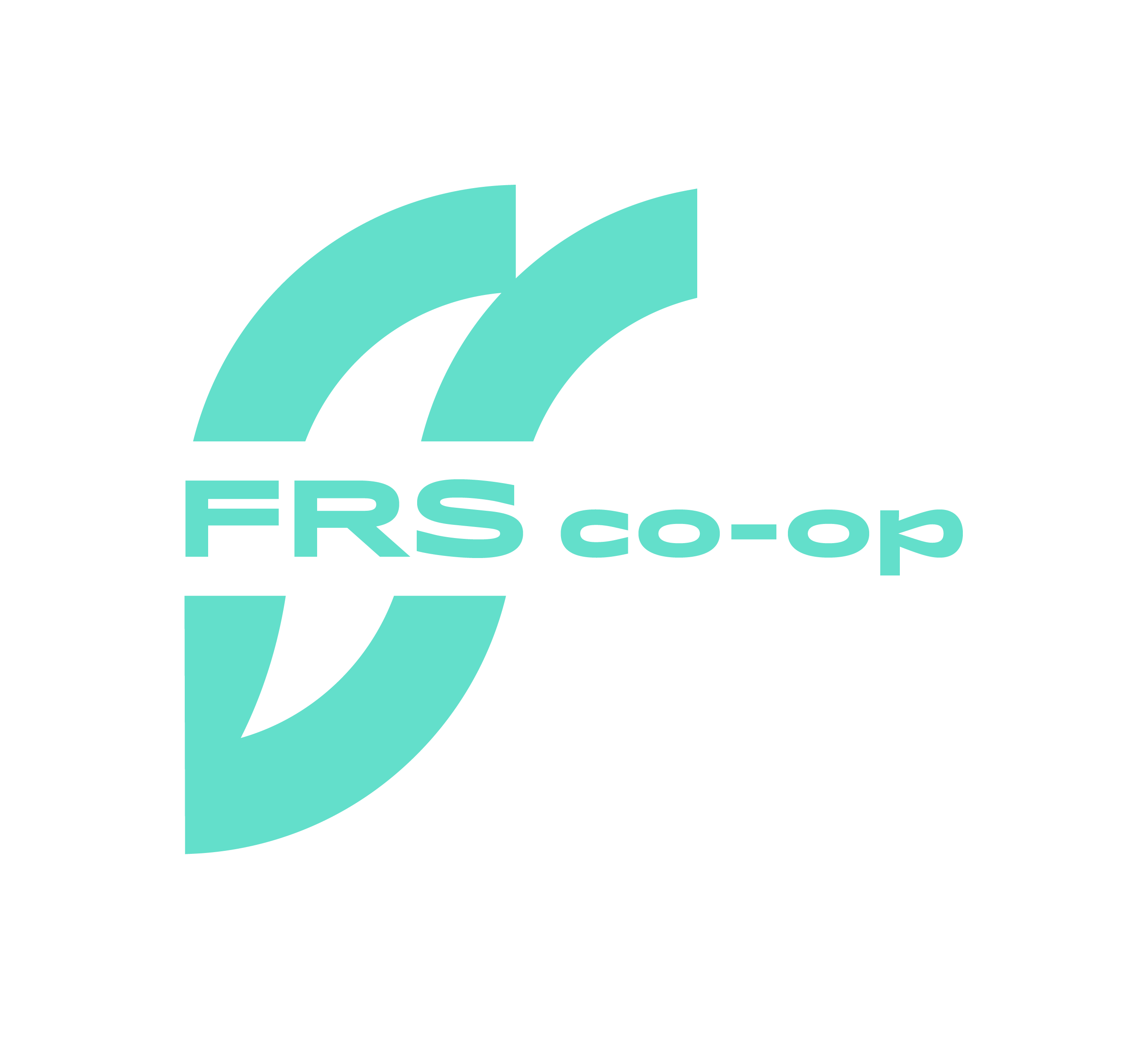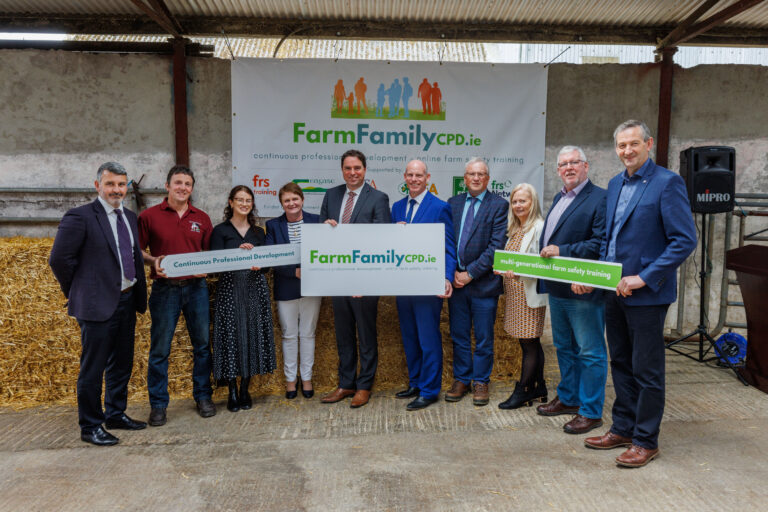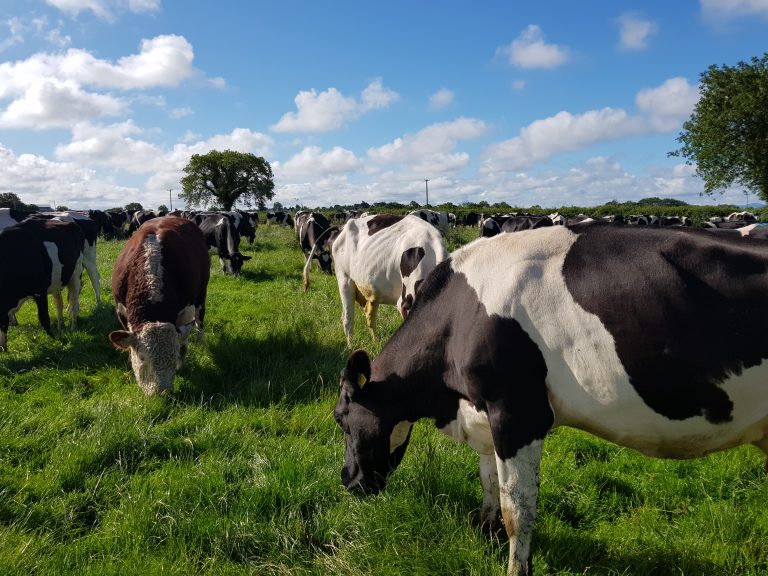As peak milking time approaches, it is important to have the parlour in good working order. Farmers must ensure their systems are prepared to accommodate milking the full herd. This includes regular checks, cleaning, servicing, and having necessary staffing needs in place.
With stressed animals producing up to 20% less milk, the environment of the parlour is crucial to production. A clean and calm parlour will help put cows at ease. Having well maintained equipment and a good routine can also help.
As we approach the warmer months, the practice of good hygiene needs to be maintained. Farmers must be aware that in warmer weather milk can be susceptible to sticking in the milking machine if not promptly and thoroughly washed out.
Wear & tear
Routines will vary between farms, parlour types, and different systems, but there are operations that should always be carried out. The farmer should routinely carry out a number of checks in the parlour. Keep an eye out for wear and tear or cracks in any of the long and short pulse tubes. Or for any cracks or chips in the claw bowl. Also, check the bowl seals and shut off valves are in working order.
Bulk tank
Check that bulk tank is in working order, particularly the cooling system. Coming into Summer months milk production is at its highest. If a farmer has expanded the herd make sure the tank can store the volume of milk. Farmers may not be giving as much meal in the Summer, but they should check that the meal feeders are in working order and correctly calibrated.
Farmers need to routinely wash out the parlour. A Cold Circulation Cleaning using caustic detergents. A Hot Circulation Cleaning using alkaline/chlorine detergent/sterilisers and acid detergents or milkstone removers.
Service the machine
The milking machine is an essential asset to a dairy farm and its functionality is paramount to the continued success of production. It is recommended that the milking machine should be serviced once a year. It is better to do this during quieter months, however, if a machine needs attention contact the supplier/servicer immediately.
With a high milk expected in the coming weeks, it may be beneficial for farmers to stock up on extra parts and cleaning equipment. Having extra liners, claw bowls, tubes etc could sort any issues/damages quickly and avoid affecting the milking routine.
Covid guildelines
For farmers who employ or plan on employing farm staff to help with milking, they must continue to implement Covid 19 protocols. Sanitary protocols include washing hands thoroughly with hand soap and disinfecting boots in a fresh footbath. Use disposable gloves and clean down aprons after use. Each worker should have their own station for their PPE. Depending on the type of milking parlour, it is recommended to give workers specific areas or duties. In the pit, be aware of the space available and try to keep at least 2m apart. Disinfect any shared areas and pay particular attention to door handles, clusters and essential controls.
FRS milking operators are fully trained to provide farmers with a quality relief milking service. FRS operators and technicians are following the current Covid 19 guidelines to safeguard the health and safety of customers and themselves.
Get in touch for your holiday cover needs, general farm work, relief milking or specialised farm services. Visit www.frsfarmrelief.ie for more information.
For information on our milking training course go to: www.frstraining.com




